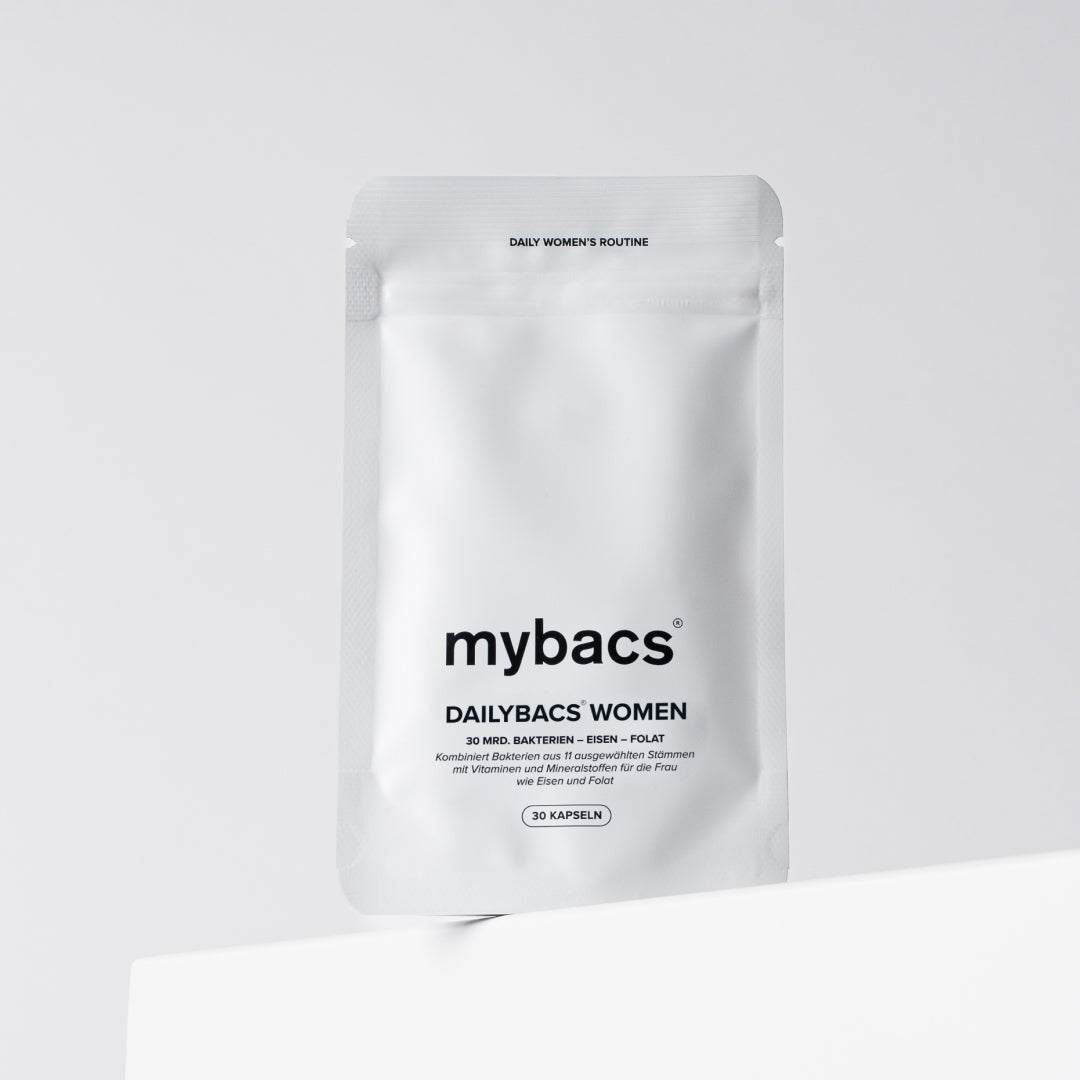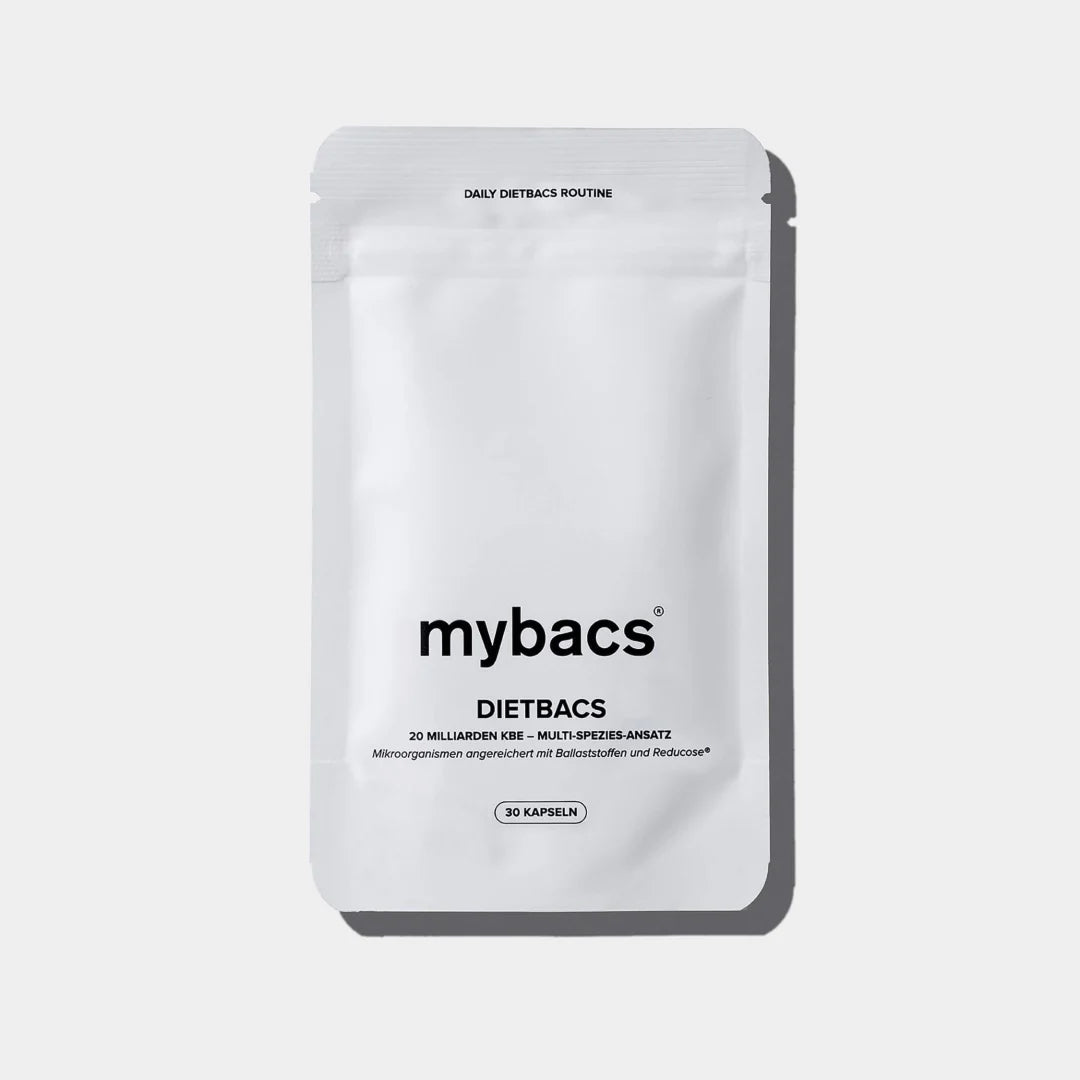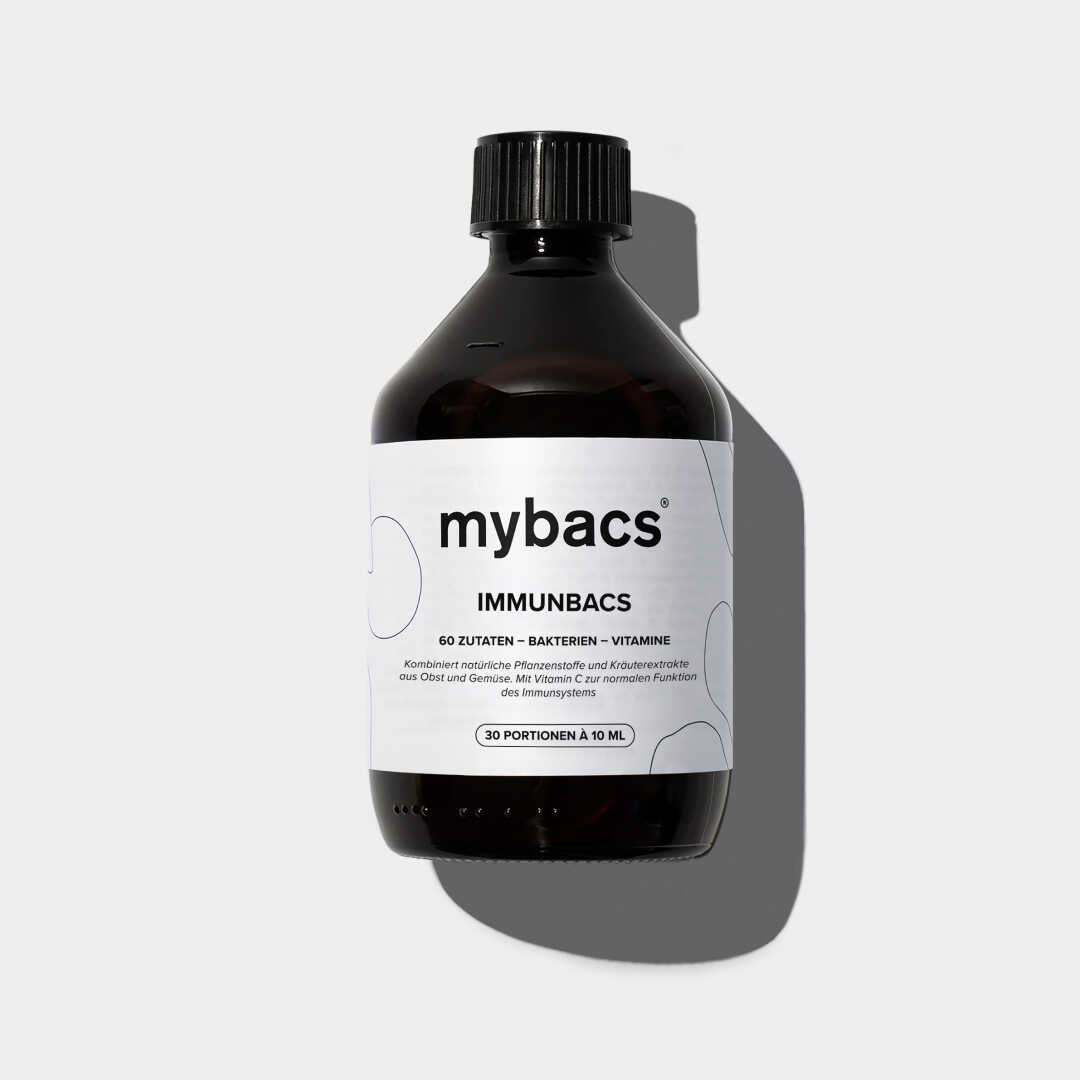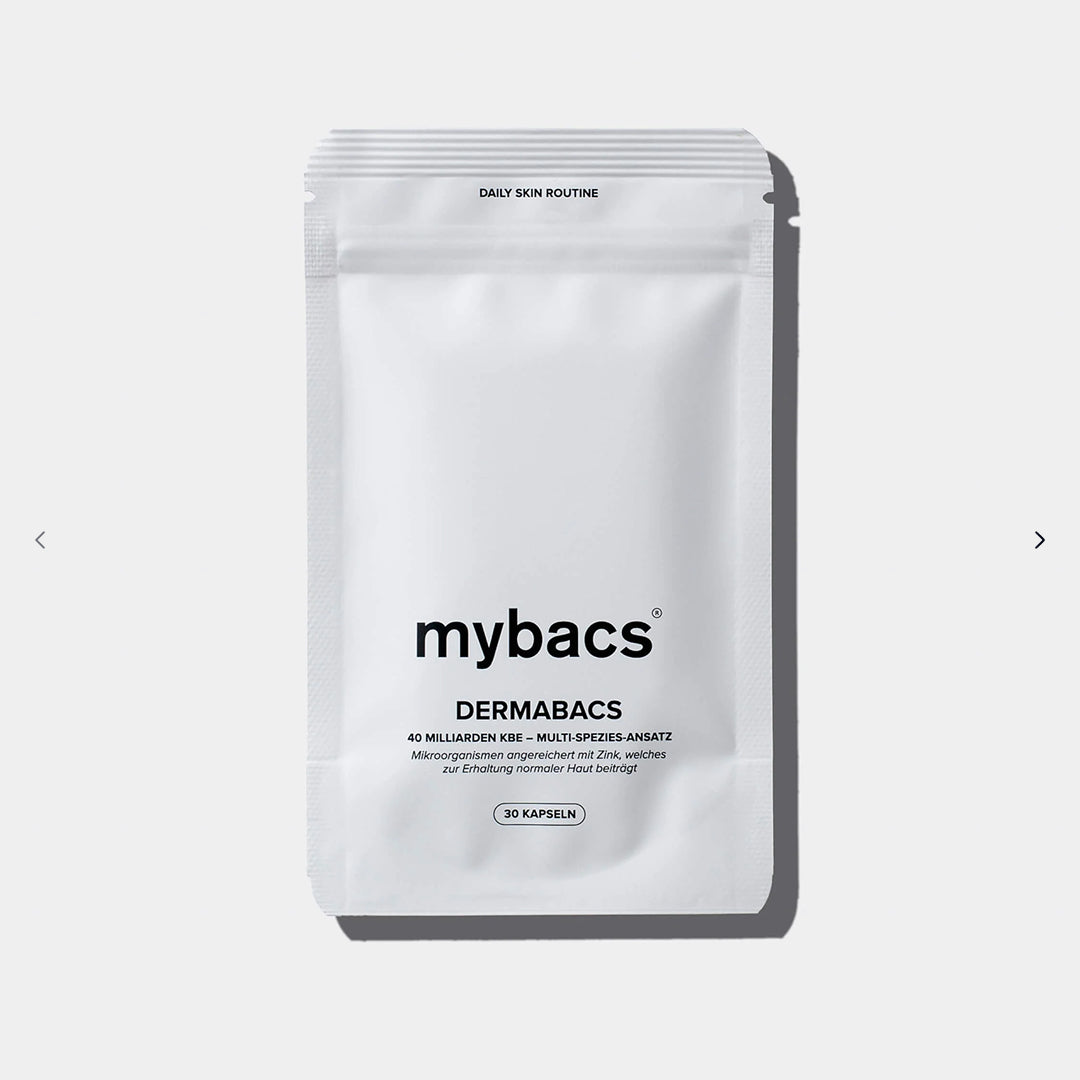The myth about chocolate - is it healthy or unhealthy?
We dedicate this blog post to all those with a sweet tooth out there who sometimes ask themselves "Is chocolate really that unhealthy?". Everyone knows those days when time seems to drag on - especially when working from home. Boredom leads to cravings. But when the 15th trip to the fridge still doesn't turn up a snack that really tickles your fancy, you always quickly reach for the last resort - a bar of chocolate. Then you decide to eat just one or maybe two pieces, but then - after another tiny piece and another... - the whole bar is suddenly gone and the guilty conscience creeps in.
No matter whether it's dark, white or milk chocolate - we love all variations of this delicious dessert. The only problem is that chocolate is not exactly healthy because it contains a lot of fat and sugar and therefore a lot of calories. But there is also good news: dark chocolate in particular contains many ingredients that can have a positive effect on blood pressure and heart health.
But now we finally come to the most important question - is chocolate healthy or unhealthy?
To answer this question, we first have to start with the basics. What is contained in each type of chocolate and what effect do the ingredients have on our body?
-
Dark chocolate : This type of chocolate is characterized by its particularly high cocoa content. If chocolate has a cocoa content of more than 70%, it is called dark chocolate. If it has a cocoa content of 55% or more, it can be called semi-sweet chocolate. Generally speaking, the higher the cocoa content, the less milk it contains and the more bitter and strong the sweet taste. Here's the good news for all dark chocolate lovers - this type is actually the healthiest! A bar of dark chocolate has around 500 calories and usually contains less than two spoonfuls of sugar. The higher the cocoa content, the less sugar!
-
Milk chocolate : This type of chocolate contains - as the name suggests - a lot of milk or milk powder. Everyone knows the typically mild and sweet taste of milk chocolate. This sweet contains a lot more sugar than, for example, dark chocolate. And unfortunately that's not all - due to the high proportion of milk or milk powder, it also has a higher fat content. That means exactly one thing - milk chocolate is less healthy.
-
White chocolate : If you look closely, white chocolate isn't actually chocolate at all - did you know that? That's because it doesn't contain any cocoa, just cocoa butter. This is also what gives it the well-known light yellow color. White chocolate also contains a lot of sugar, milk and other flavorings, such as vanilla. You can probably already guess: white chocolate is the unhealthiest type due to its high fat and sugar content!
But now let’s get back to some positive aspects.
You sweet tooths out there can rejoice, because chocolate has been proven to have a number of positive effects on the body! Dark chocolate in particular contains a high proportion of antioxidants. To be precise, cocoa beans contain a lot of polyphenols and flavonoids. These substances are known to be able to neutralize free radicals in cells. This is positive because free radicals can cause serious illnesses. These include heart attacks, arthritis and cancer. Flavonoids in particular can counteract exactly that! They are also considered to lower blood pressure and can apparently also regulate blood sugar levels. Catechins in particular - substances that belong to the flavonoids - have positive effects on the body. You may already know these substances from green and black tea. Catechins are real all-rounders - they can counteract stress hormones, kill various strains of bacteria in the body and even prevent inflammation! And here's the thing: Dark chocolate contains four times as many catechins as tea. Unfortunately, that doesn't mean that chocolate is four times as healthy as tea. Nevertheless, if you treat yourself to a cup of tea and a piece of chocolate at a coffee party, you're not doing anything wrong!
It has also been scientifically proven that chocolate can stimulate blood flow to the brain. This has similar effects to coffee consumption and can lead to certain tasks being solved more effectively and the brain's alertness being increased for a short period of time.
Ultimately, however, the rule is always - dosis facit venenum. Dark chocolate should also only be consumed in small quantities, as it is also a processed sweet and contains a lot of fat, sugar and therefore calories. It is well known that fat and sugar are particularly bad for the body. They can promote diabetes and are also bad for your teeth and skin. We are sorry if we have given you too much hope with the above text, but unfortunately you should not stuff yourself with white and milk chocolate without restraint. These two little sins contain fewer flavonoids, but at the same time more fat and sugar.
So, we have cleared up the first myth about chocolate. Now we come to the second statement:
Chocolate makes you happy. But is that true?
Almost everyone knows what it's like: you're stressed, or sad, or frustrated, or angry, or insulted, or just in a bad mood. And what helps? What improves your mood instantly? Of course, a small piece of chocolate.
The problem is that from a scientific point of view, this is unfortunately not true. The substance that is responsible for the feeling of happiness from chocolate is phenylethylamine. The good news is that it is actually contained in chocolate. The substance acts on the neurotransmitters in your brain and ensures that the happiness hormone serotonin is released. The bad news is that the effect of phenylethylamine is still very controversial scientifically and the amount contained in chocolate is very small - just as high as in cheese. The other substances contained in chocolate that are supposed to make you feel happy, such as theobromine, phenethylamine, cannabinoidamide and tryptophan, are unfortunately also contained in too small quantities to have any noticeable effects. From a strictly scientific point of view, the statement that chocolate makes you happy is unfortunately not true.
But chocolate can still act as a comforter. But that only works if we want the little sin to release its magic. This means that from a psychological point of view, chocolate has positive effects on your mood, because if you associate the enjoyment of chocolate with something positive, a little piece of the little sin can actually put you in a better mood. This is not because chocolate is a psychological miracle cure, but simply because the brain has learned to release feelings of happiness when you treat yourself to some chocolate! The chocolate then takes on a reward function, so to speak, and your body automatically releases the neurotransmitters dopamine and endorphins after consumption.
Conclusion
We hope that this blog post has shed some light on the myth of chocolate. But let us give you one last tip - bitter chocolate is better chocolate. As mentioned before, dark chocolate contains less sugar and fewer calories compared to its sweeter competitors - white and milk chocolate.
But in general, a small piece of chocolate doesn't do any harm, because chocolate can make us happy. And if you otherwise eat a balanced and healthy diet, exercise regularly and are conscious about your health, a little sin in small quantities can't be bad at all!





